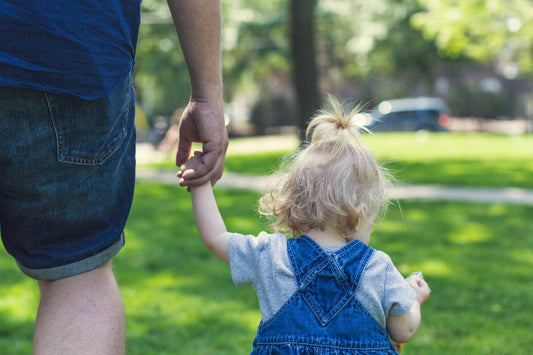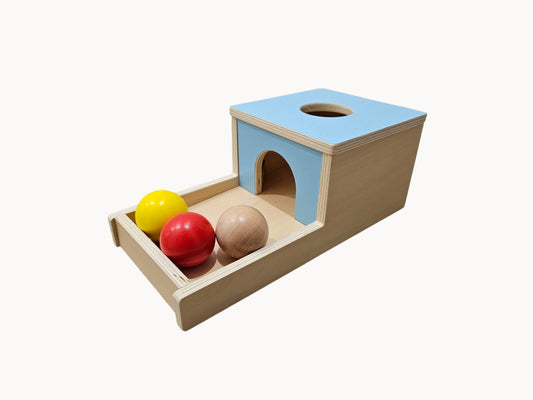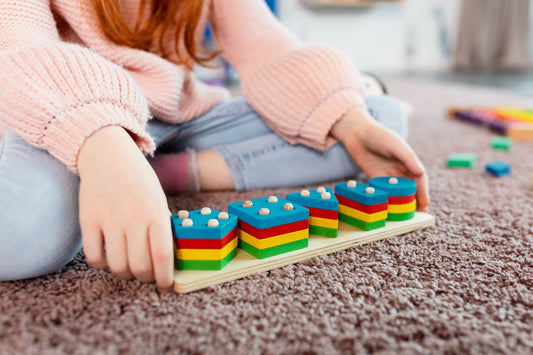
Beyond the ABC's: Supporting Early Literacy in a Montessori Home
Share
“The question is not whether we can afford to invest in every child; it is whether we can afford not to.” – Marian Wright Edelman
In her book Reading for Our Lives, Maya Payne Smart highlights that despite improvements in education, basic literacy remains persistently weak. She builds a strong case for preparing young children for literacy long before they begin formal schooling—and here’s how we do that as Montessori parents in our home.
I don’t teach my children the alphabet song
This might come as a surprise, especially since my children knew all their letters well before what is considered the standard age. But letter names are very different from letter sounds. For example, the name of the letter "A" does not sound the same as the "a" in cat. When teaching my children to blend simple CVC words (such as sun, ran, sit), I want them to focus on letter sounds first to keep it simple. Letter names can come later.
We read a lot of books
I lose track of how many books we read in a day—and reread, sometimes even during meals when needed. We spend time looking at and talking about the pictures, helping decode and build a sense of the story. We especially love rhyming books that my children can memorise. I quickly realised I couldn’t buy or store as many books as we wanted, so we go to the library regularly!
We play games on walks and drives
We often travel long distances where we live, and road signs have become a fun way to pass the time. When children learn what road signs are communicating through shapes, letters, and colours, they begin to understand the importance of literacy across different contexts. My children love reminding me about speed limits and stop signs as I drive!
On walks, I ask about the initial sounds of things we see (e.g., “What does bird start with?”). I was surprised at how quickly my two-year-old learned to isolate beginning sounds. Older children can explore syllables and middle or ending sounds too.
We talk. A lot.
I don’t use “baby language” with my children. When we come across a word we don’t know, we talk about its meaning. We talk about what we’re doing, what we see, and share stories about our day over the dinner table. By naturally practicing conversation throughout the day, children’s literacy is supported in action—within a fun, connected environment.


